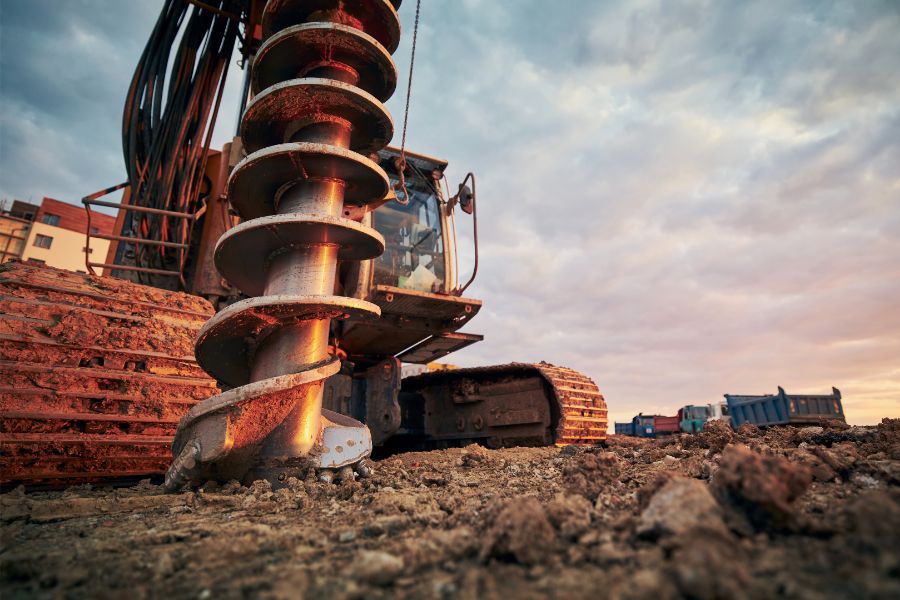Ever wondered how to design and build a pole barn that effortlessly accommodates various purposes? Creating a versatile pole barn involves making thoughtful decisions and strategic plans. This guide will delve into the art of crafting a pole barn that adapts to different needs, from storage to workshops and beyond.
Designing and constructing a multi-use pole barn requires more than just assembling materials. It’s about envisioning a space that can smoothly transition between different functions.
Pole barns, also called post-frame buildings, are known for being affordable and easy to change around. They have tall columns in the ground and a roof held up by trusses, allowing for big open spaces without extra inside walls. This flexibility makes pole barns great for creating a space that does lots of things well.
Now, let’s explore the essential design aspects that can turn your pole barn into a hub of multifunctionality.
Designing for Different Needs
The trick to a great multi-use pole barn is in how it’s planned. A good layout means the space can do lots of things without trouble. Think about these design things:
- Changeable Heights: Plan for different heights inside. This helps for putting in tall stuff or shelves where needed without messing up the whole space.
- Moving Walls: Instead of walls that can’t move, use curtains or walls that can. This means you can split the space for different things and open it up when you want.
- Lots of Light: Put in windows and skylights for sunlight. Also, add lights that can move to fit what you’re doing, so you always have enough light.
- Good Air: Get a good heating and cooling system. It should work for all of the space or just parts. This way, it’s comfy no matter what you’re doing.
A smart layout means your pole barn can do everything you need it to do, whenever you need it.
Building It Right for the Long Run
Making a multi-use pole barn that lasts means focusing on details and good stuff. By making it tough and strong, you know it’ll be useful for a long time.
- Strong Base: Start with a good base. This keeps your barn steady. Make sure the ground is ready, and use the right anchors for the soil. This way, your barn will hold up everything you do inside.
- Top-Quality Materials: Pick the best materials you can. From the posts to the roof, good stuff means less fixing later on.
- Stay Dry: Seal your pole barn well. Good insulation helps keep the inside comfy and stops dampness from ruining things you store.
- Fresh Air: Plan for good air flow. Get systems that keep air moving right. This makes your space comfy and safe from fumes or too much dampness.
Conclusion
Creating a pole barn that can handle many tasks needs some careful thinking. By choosing smart designs and strong building methods, you can craft a space that fits any need. Whether it’s for hobbies, keeping things safe, or even starting a small business, the key is seeing the possibilities and turning them into reality with good design and solid building. So, as you venture into crafting your very own pole barn, always keep in mind that strength and adaptability are the keys to success. With the right steps, your pole barn designs will shine as a testament to clever planning and usefulness on your property.




Recent Comments